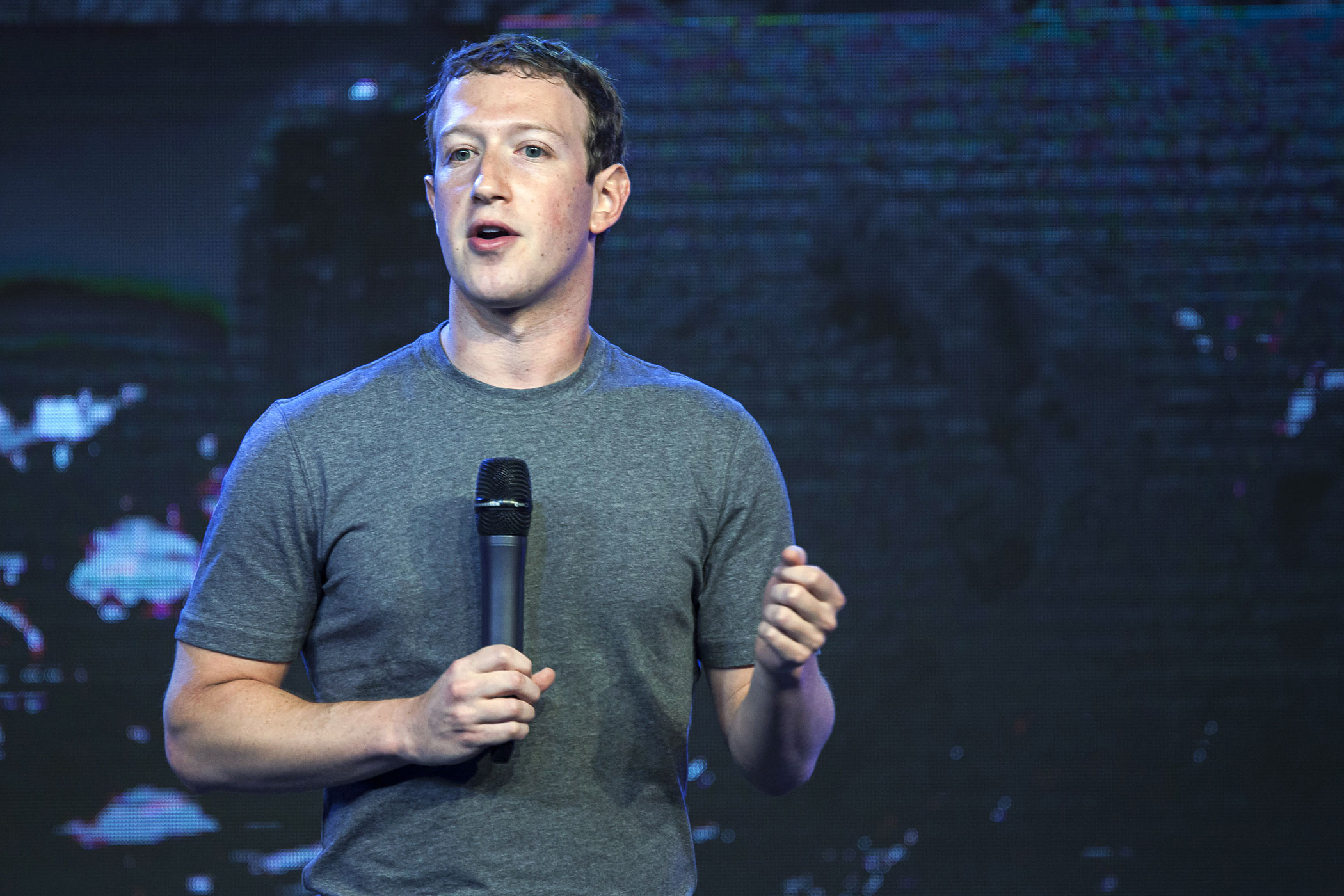
Facebook already handles your social life; now it wants to handle your money. Hacked screenshots released this month show a hidden payment option inside Facebook’s popular Messenger app, which is used by 200 million people around the globe. The feature—discovered by a Stanford computer science student snooping around existing code—would potentially let users send money to one another in a message using debit card information. Facebook hasn’t commented on the hack or when, if ever, it might activate the feature.
But, for the moment, a far more interesting question is why would Facebook consider going down this road at all. Behind Facebook’s foray into payments is a thrilling possibility. Could the world’s largest social network be gearing up for a future showdown with the world’s largest credit card companies? At stake is a potentially massive jackpot: the $40 billion to $50 billion a year (in the U.S. alone) that credit card-issuing banks make off the so-called interchange rate, i.e. the hefty transaction fee that merchants have to cough up whenever customers use credit cards. The company announces earnings Oct. 28.
But do a few hacked screenshots really spell the upheaval of the entire payments industry? Maybe. For starters, Facebook hasn’t exactly been coy about its interest in payments. Back in June, the company poached PayPal president and payments guru David Marcus to head up Messenger, a move that now makes a lot of sense. Meanwhile, in a Q2 earnings call, as reported in TechCrunch, Facebook CEO Mark Zuckerberg was quite explicit in saying that “over time there will be some overlap between [Messenger] and payments.” The groundwork for a Facebook payment service, in other words, has already been laid.
It’s important to note that, as leaked, Facebook Messenger’s payment feature would only allow peer-to-peer transactions, i.e. money transfers between the banks of ordinary users, not retailers or companies. Speculation is that a service like this might be especially popular among foreign workers sending money to relatives back home. Currently, the remittance industry charges notoriously high fees: By undercutting them, Facebook could find a healthy revenue source, should it choose to ultimately monetize the tool.
But—and here’s where things get really interesting—there’s nothing stopping Facebook from ultimately opening up the payment service to merchants, as well, allowing them to accept debit card payments from customers via Messenger. (Zuckerberg has hinted as much, noting that the planned tool will ultimately “help people share with each other and interact with businesses.”) For merchants, this would have some huge advantages. While credit cards, not to mention PayPal, Stripe, Square and other services, all charge interchange fees ranging from around 2- to 4-percent of total purchase price (an amount considered exorbitant by critics), debit card swipe fees in the U.S. are currently capped at a mere 21 cents.
This Is What Your Facebook Profile Looked Like Over the Last 11 Years

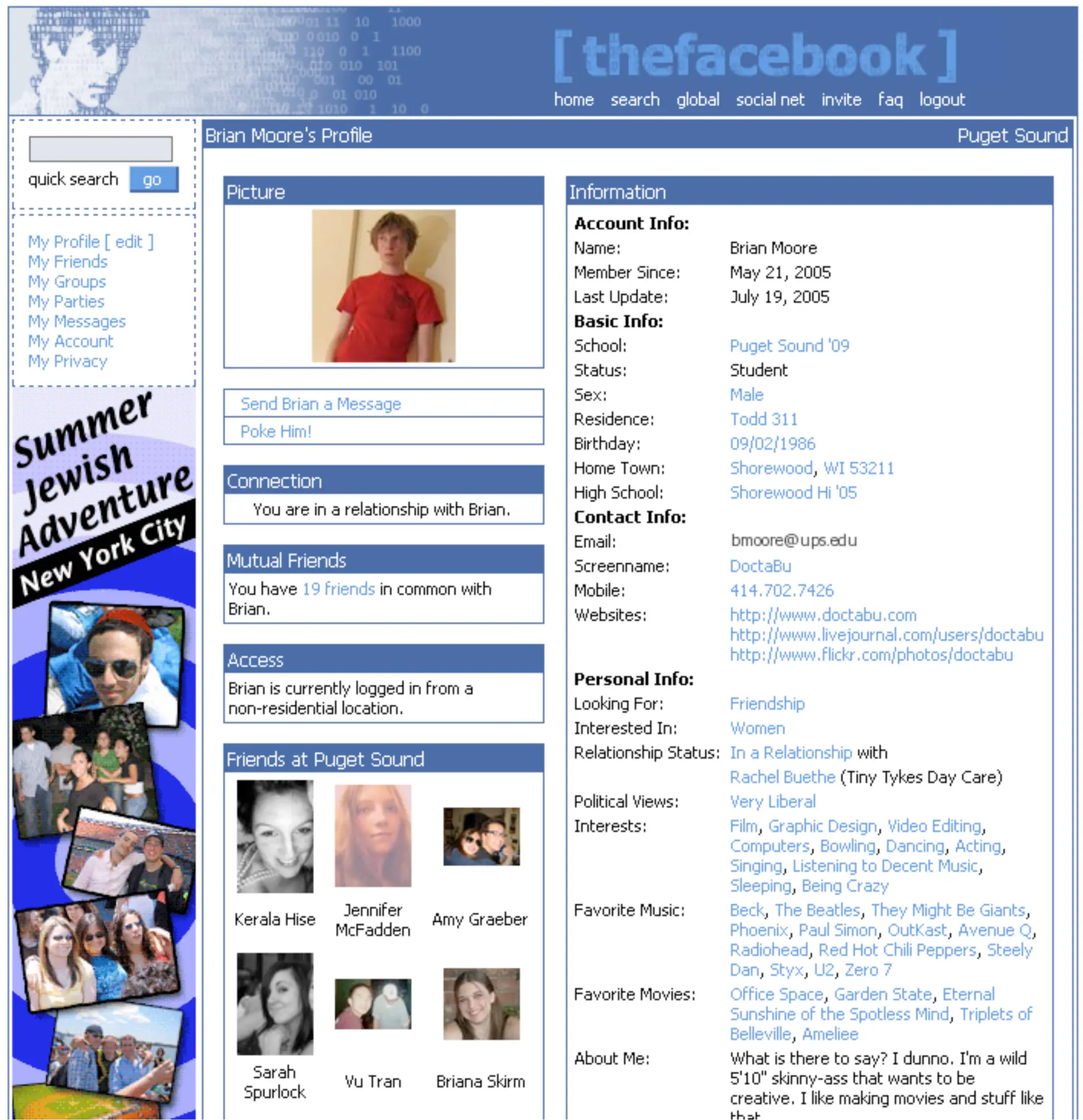
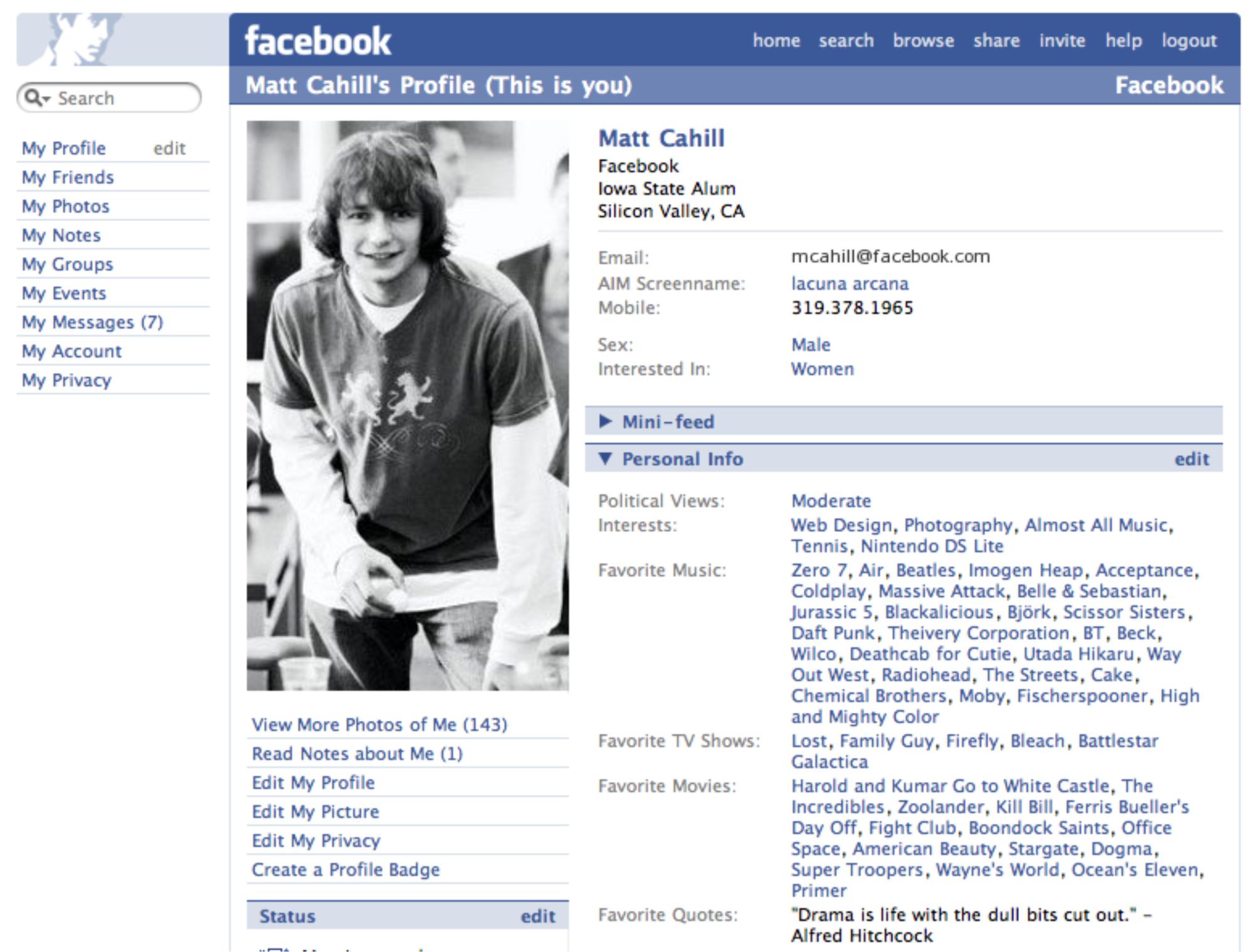


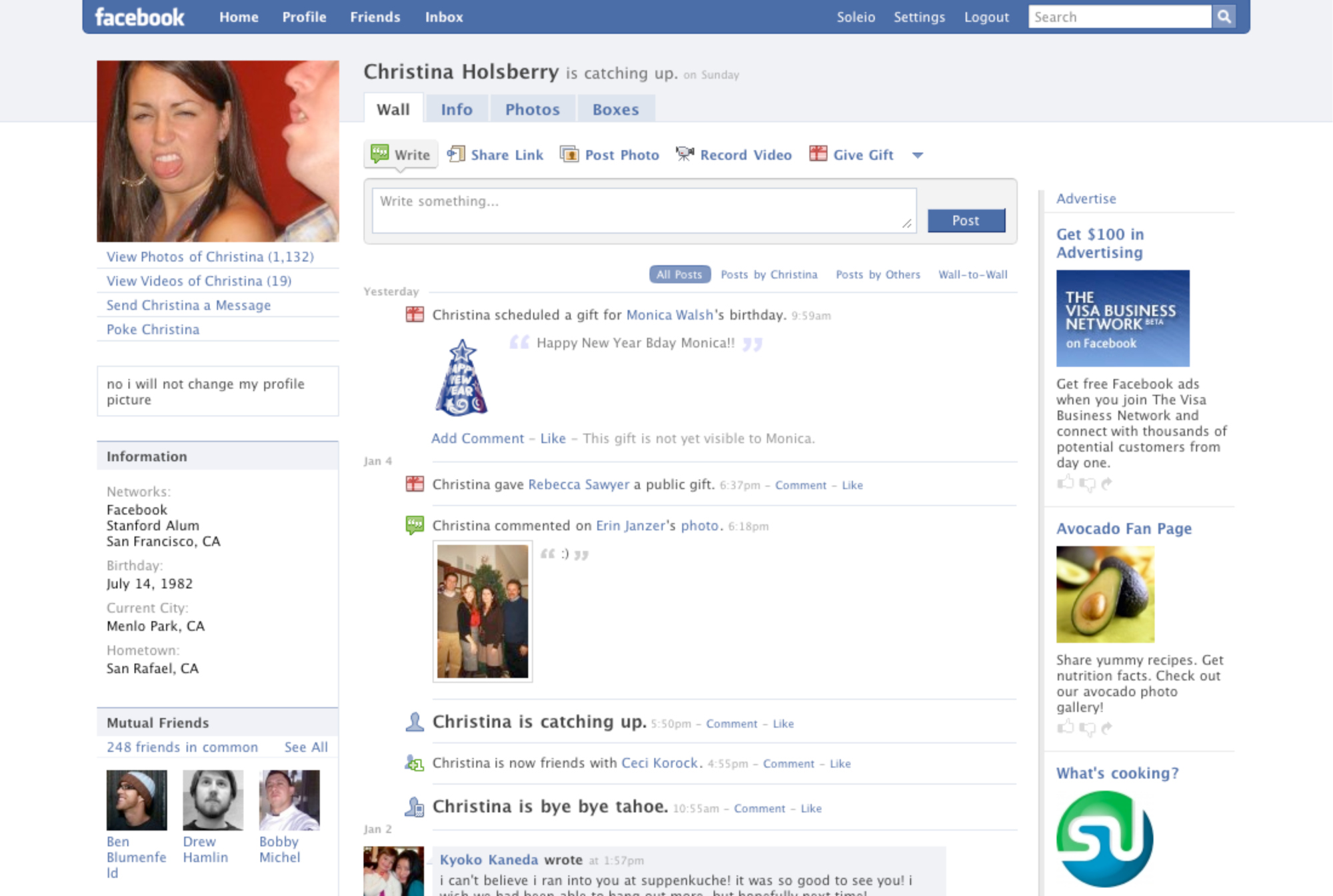
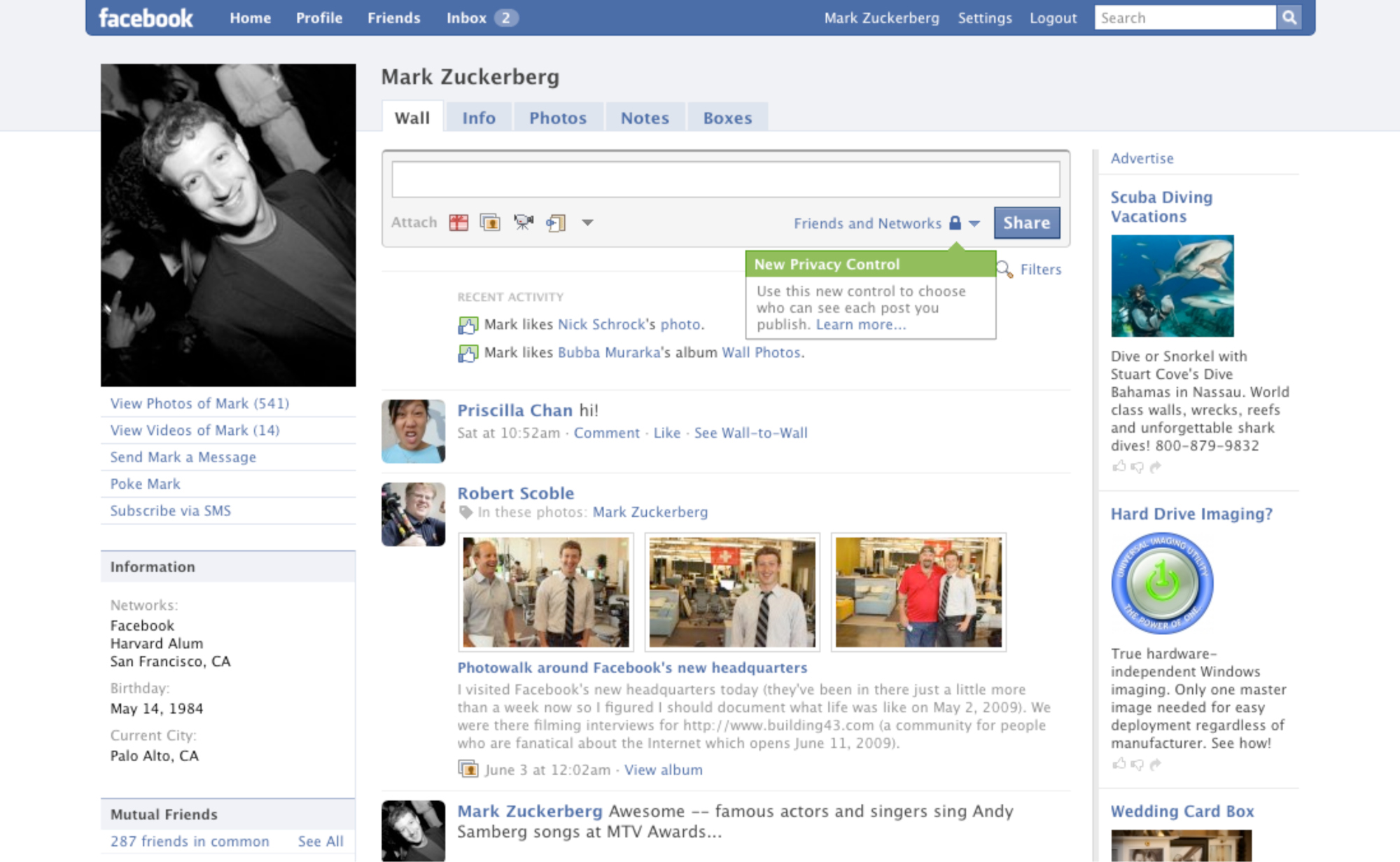





With this kind of savings hanging in the balance, it’s not difficult to image millions of merchants and potentially hundreds of millions of consumers signing on. Consider that there are currently 79 million Mastercard credit card holders in the U.S.—a sizeable number. But there are nearly 200 million monthly active Facebook users in the country. Facebook, in other words, has the potential to create a payment network that rivals and, in some cases, dwarfs the major credit cards, virtually overnight.
Once merchants and consumers are hooked, Facebook may ultimately turn its focus to profits. Again, Zuckerberg has already signalled this aspiration, explaining to revenue-hungry investors in July that the company is planning “to take the time to do this in the way that is going to be right over multiple years.” With credit card interchange fees currently set so high, Facebook would have plenty of room to make money from merchants while still undercutting traditional credit cards by a wide margin. If the network were to eventually charge a $1 fee (as has been suggested) or even retain just a fraction of a percent of each transaction, the revenue stream could be enormous.
All of this might seem a bit far-fetched, if some of tech’s biggest players weren’t already pursuing similar strategies. In September, for instance, Apple unveiled Apple Pay, a mobile wallet app that lets users store credit card information and then “tap and pay” with their iPhones. For the moment, Apple is content to act as something of a middleman in this process, making it easier for customers to use their existing credit cards and collecting a tiny fee from the banks in the process. But with time, consumers and merchants may well get used to the idea of using Apple for their transactions, with credit cards playing an ever diminishing role and—maybe one day—slipping out of the picture entirely.
What’s clear from these efforts, as well as recent maneuvers by Square, Stripe and even online payment veteran PayPal, is that the stodgy old payments space, dominated for so long by traditional banks and their credit cards, is finally beginning to face some serious challengers. For consumers and merchants, there’s much to gain and little to lose aside from high fees. Meanwhile, for tech players like Facebook, payments may well represent the latest, greatest path to monetization.
And what about for social media users? Are we headed toward a future where social networks like Facebook are actually online, interactive malls where we happen to bump into friends and socialize as we shop? Both Facebook and Twitter are already beta-testing special “buy” buttons that pop up in users’ news streams with targeted offers based on demographic and psychographic information. This kind of one-click shopping – with limited-time deals flying by, meticulously targeted to users’ interests and shared virally among friends – hints at the dramatic changes in store. It’s an endgame that Zuckerberg likely never imagined but one that seems increasingly likely and lucrative: social network as advertiser, shopping mall and credit card – all rolled into one.
Ryan Holmes is CEO of Hootsuite. Follow him @invoker
More Must-Reads from TIME
- Donald Trump Is TIME's 2024 Person of the Year
- Why We Chose Trump as Person of the Year
- Is Intermittent Fasting Good or Bad for You?
- The 100 Must-Read Books of 2024
- The 20 Best Christmas TV Episodes
- Column: If Optimism Feels Ridiculous Now, Try Hope
- The Future of Climate Action Is Trade Policy
- Merle Bombardieri Is Helping People Make the Baby Decision
Contact us at letters@time.com